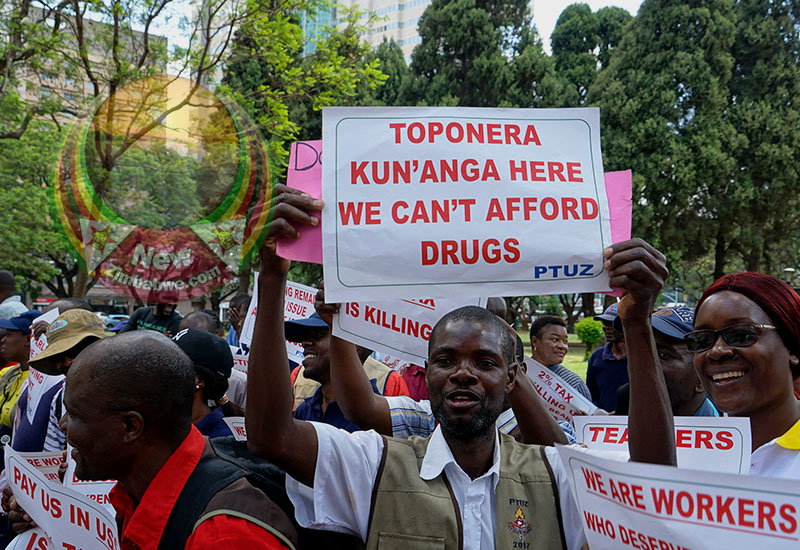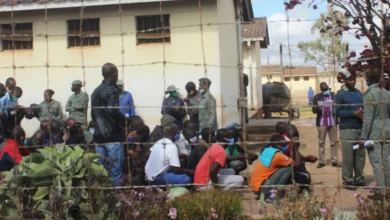
Teachers in Zimbabwe have faced a significant setback in their pursuit of better salaries and working conditions after the High Court dismissed their joint application against the government. The application, filed by several teachers’ unions, including the Zimbabwe Teachers Association, Progressive Teachers Union of Zimbabwe, Amalgamated Rural Teachers Union of Zimbabwe, and Educators Union of Zimbabwe, sought to address the issue of poor salaries and inadequate working conditions.
The unions argued that the Public Service Commission, responsible for determining salaries and working conditions through the National Joint Negotiating Council (NJNC), violated their rights to a collective bargaining process. They named prominent government figures as respondents, including President Emmerson Mnangagwa and several ministers involved in public service and finance.
Through their legal representatives, Matika, Gwisai, and Partners, the teachers sought a declaratory order asserting their constitutional right to collective bargaining. However, High Court Judge Justice Lucy Mungwari ruled against them, stating that the applicants failed to demonstrate any tangible benefits that would arise from the court granting their application. “The contestation raised is academic,” Justice Mungwari noted, emphasizing that the teachers did not show they were barred from exercising their constitutional rights. She further stated that without a concrete dispute between the parties, their application lacked merit.
Justice Mungwari’s ruling highlights a broader issue of frustration among civil servants regarding the NJNC. In 2022, civil servants abandoned the NJNC due to prolonged unproductive meetings. At that time, they were demanding a minimum salary of US$540 for the lowest-paid workers, a demand that the government has yet to meet. Current inflation and economic pressures have escalated their demands to US$1,260 as the cost of living continues to rise.
In July 2022, unions under the banner Federation of Zimbabwe Educators Union withdrew from the NJNC, citing its failure to uphold labor rights and prolonged delays in implementing agreed-upon conditions. The ongoing frustrations among teachers and civil servants underscore the challenges they face in negotiating fair salaries and working conditions in a struggling economy. The dismissal of their application is a disappointing outcome for teachers who had hoped to assert their rights and improve their circumstances through legal means. As economic pressures mount and living costs soar, the fight for better compensation and working conditions for educators in Zimbabwe remains critical and ongoing.
In other news – Chris Brown’s upcoming concert in Johannesburg sparks controversy
American singer Chris Brown is facing backlash from the South African organization Women For Change (WFC) following the rapid sell-out of his concert at FNB Stadium, which sold out in just two hours. The organization has launched a petition urging concert organizers and government officials to reconsider allowing Brown to perform in Johannesburg on December 14, 2024, citing his history of abuse.
Founded in 2016, Women For Change is a non-profit organization dedicated to advocating for the constitutional rights of women and children in South Africa. Read More











